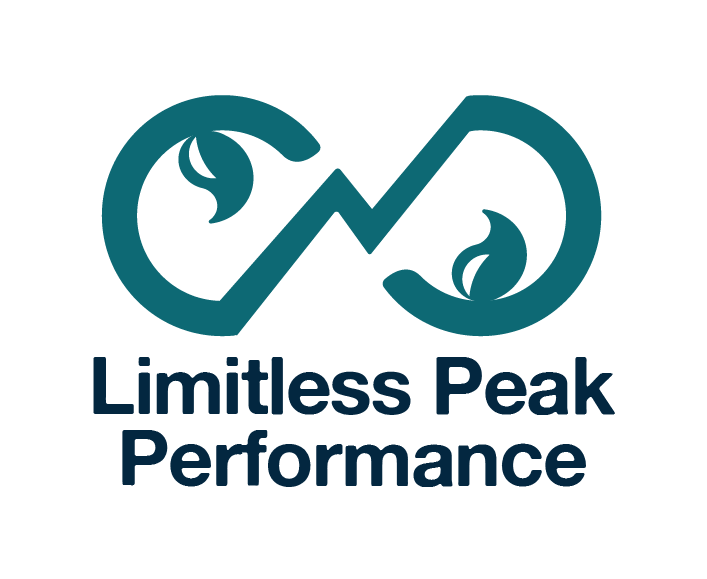Overcoming the curse of competence
I was coaching some senior leaders in the education sector the other day, and I noticed a pattern. Those who were highly competent were broadly left to themselves. And, worse, the more competent they were, the more likely it was that they would get very little air time with the boss. It was almost like their COMPETENCE was being REWARDED with…. absence, isolation, neglect almost! (shakes head). Now, these leaders were perfectly able to get on and fix problems and get ‘stuff’ done. But every now and then, they needed some top cover, a sounding board or just some run-of-the-mill line manager support. But, they either couldn’t access it, or wouldn‘t ask for it. And it got me thinking.
Do you lead a team and feel the pressure that you should have all the answers, all of the time? If so, you’re not alone. Many leaders believe that lacking solutions or needing input from others somehow makes them appear less competent. They fear they may be perceived as less capable or overpromoted if they ask for help when faced with uncertainty. And then of course, if they’re *too* competent and finally pluck up the courage to ask for help, they won’t be taken seriously anyway.
The thing is, we work in increasingly complex environments, and we urgently need to rethink this phenomenon if we want sustainable business and personal growth. As workplace demands outpace individual mental capacity, the leaders who will succeed are those who practice responsive leadership, demonstrating vulnerability, curiosity and interdependency – both up and down their command chains.
If the curse of competence has created unrealistic personal expectations that you should have all the answers, stop for a moment. Reflect on how clinging on to the idea that you must handle things completely independently serves you. Especially in a business environment with constant uncertainty and rapid change. Does asking for help really signal weakness, or does it demonstrate humility? What mindsets or behaviours might be worth challenging or evolving?
As a leadership coach who’s walked in your shoes, I had to be brave and challenge similar beliefs that “getting to the top” meant handling things solo. I thought I needed to keep projecting bulletproof confidence and capability at all costs. How did that actually serve me? By increasing isolation and self-inflicted pressure.
To be successful in leadership today there needs to be a mindset shift. We need the courage to openly ask ourselves:
How are assumptions that we should have all the answers serving us? Especially in an age that requires so much more collaboration.
How can we reframe help-seeking not as inadequacy or incompetence but as our responsibility? We expand our capacity when we build strategic partnerships.
How can we be more ‘forceful’ in asking for help if, inadvertently, we’ve given off a “I don’t need you” vibe?
Effective leadership needs the exchanging of ideas and combining strengths to expand capacity beyond where the curse of competence traps leaders. By collectively maximising talents, leaders achieve more than any one person could alone. This peak performance relies on psychologically safe environments where vulnerability and interdependency are encouraged rather than seen as weaknesses. When people feel safe to come together authentically, growth that’s unrestricted by rigid mindsets or aging ideas becomes possible.
As these past ideas clash with today’s business needs, I’m inviting you to join other courageous, growth-oriented leaders to consider how your mindset is serving you. By strategically asking for what you need you can take yourself and your business higher. Avoid outdated ideas that consider that competence is the only sign of a great leader. Let’s all step out from both our comfort zones, but also our ‘content zones’[1]
Today's most capable leaders set the tone by asking, “Who can I learn from?” rather than just “What more can I teach myself?” When we work together, maximising other people’s knowledge and strengths, we ALL reach peak performance. It starts with being vulnerable role models.
Do you want to break free of the curse of competence? Let’s have a complimentary discovery call to explore this topic further!
[1] Herminia Ibarra – Act Like a Leader, Think Like a Leader

